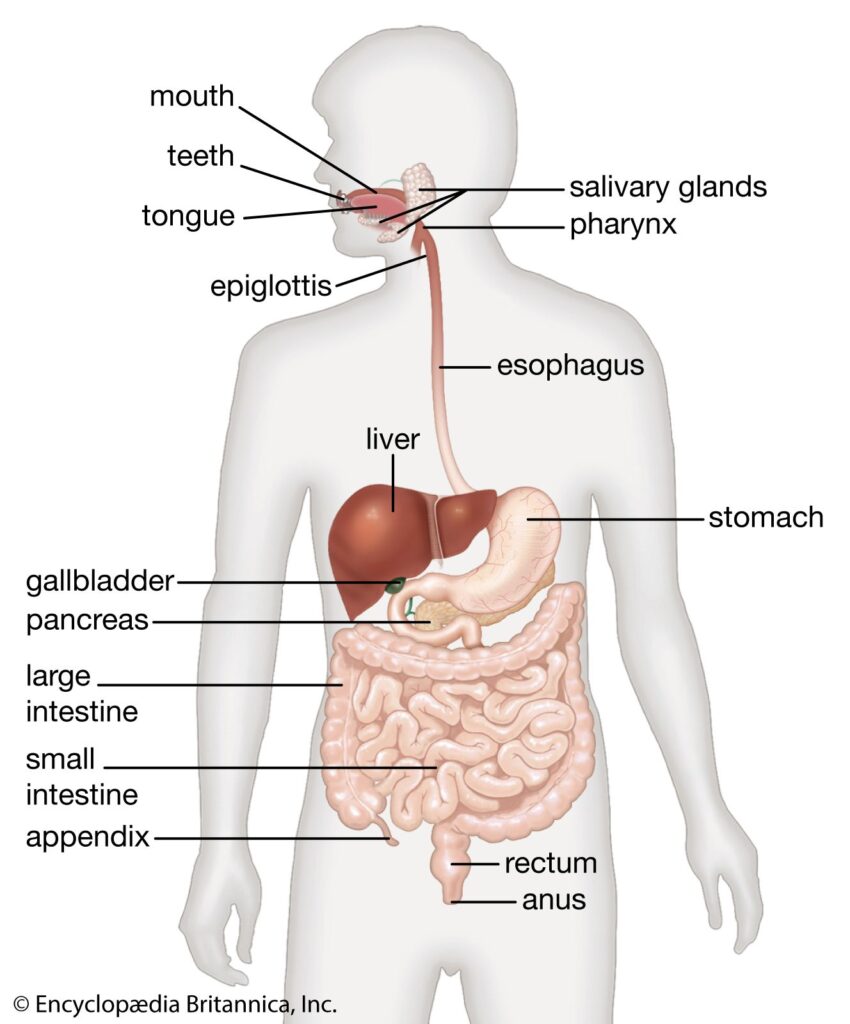Stomach cancers are tumors that arise from any of the cells in the stomach. Very often they arise from precancerous lesions such as gastric adenomas, adenomatous polyps, and gastric epithelial dysplasia, which occur as cells in the stomach mutate or stop functioning normally.

The most common type of gastric cancer, making up approximately 95%, is called adenocarcinoma. They begin in the glands of the inner lining of the stomach wall, and as they grow they can start to invade deeper into the stomach wall. Eventually they can metastasize, or spread to other sites of the body. Gastric adenocarcinomas can be subtyped into intestinal and diffuse type, the latter of which is much more poorly differentiated and require
Diagnosis requires tissue biopsy. Workup can include upper GI endoscopy to directly visualize the inside of the esophagus and stomach, as well as further imaging using ultrasound or CT. Tissue biopsy is required for diagnosis. Exploratory surgery can also be considered using a laparoscopic camera to assess the extent of cancer spread.
There are several surgical options for gastric cancer depending on how large the tumor is or how deep the cancer invades. Endoscopic resections can be carried out for early stage cancers that are limited to the inside lining of the stomach. This procedure entails using an specialized camera called an endoscope, which helps guide the clinician to remove the cancer from the inside. A subtotal gastrectomy involves removing part of the stomach to remove a cancer that is still localized within a specific area of the stomach. A total gastrectomy involves removing the entire stomach and reconstructing a stomach substitute with the remainder of the GI tract. Lymph nodes are oftentimes resected at the same time as the gastrectomy, and extent of lymph node resection (or lymphadenectomy) depends on the extent of the disease.
Aside from surgery, chemotherapy, radiation therapy, immunotherapy, and targeted pharmacological agents are also all viable options for management of gastric cancer.
More information can be found at the following links:
My Gut Feeling
Canadian Cancer Society
Mayo Clinic
